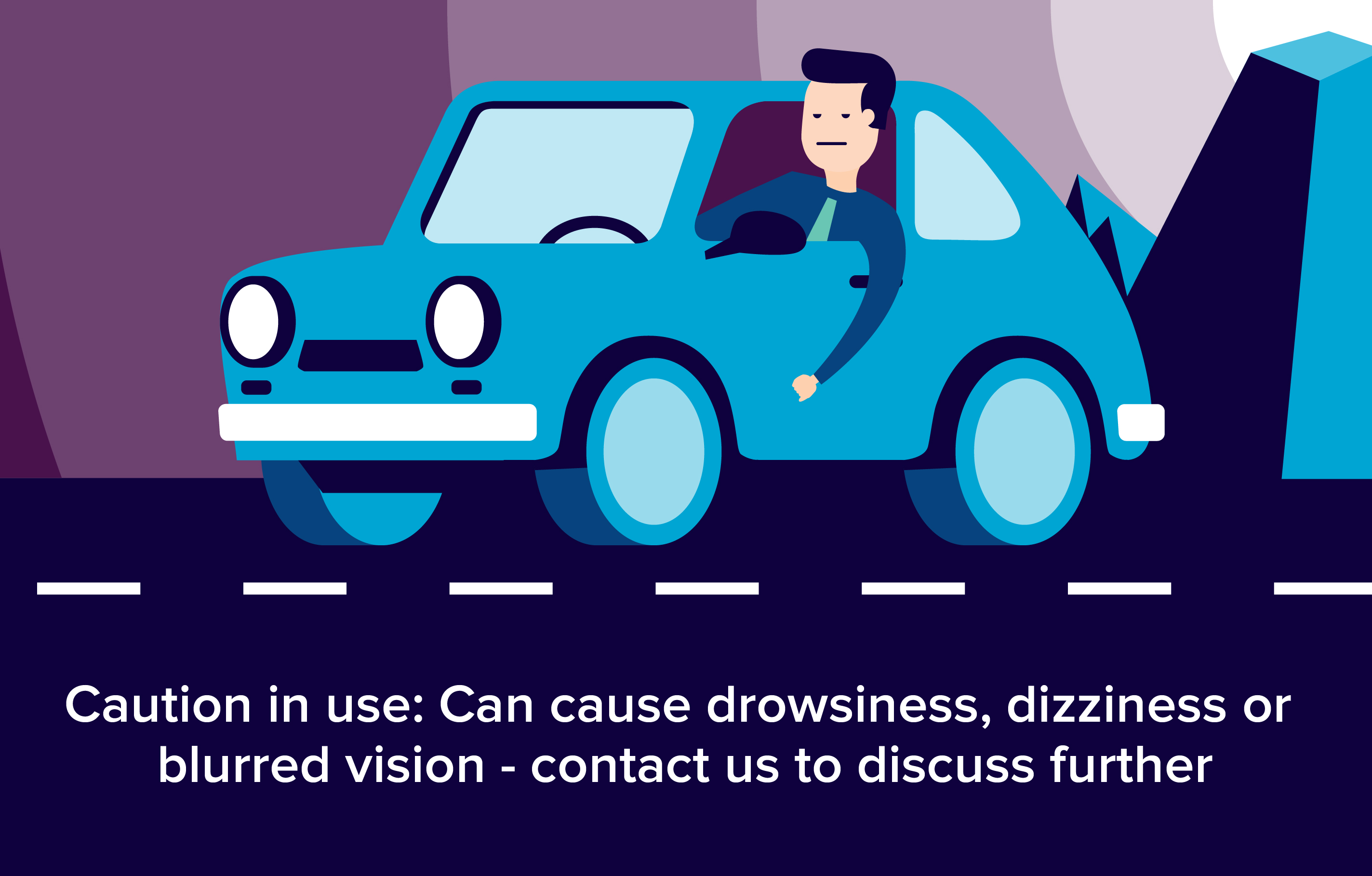Normix (Rifaximin) tablets contain the active ingredient rifaximin, which is a type of medicine called a rifamycin antibiotic. Rifaximin is used to treat infections in the intestine that are causing traveller's diarrhoea.

What is it used for?
- Traveller's diarrhoea in adults, when the diarrhoea is not accompanied by fever or blood in the stools, and no more than eight soft or liquid stools have been passed in the last 24 hours.
How does it work?
- Normix tablets contain the active ingredient rifaximin, which is a type of medicine called a rifamycin antibiotic. Rifaximin is used to treat infections in the intestine that are causing traveller's diarrhoea.
- Rifaximin works by killing the bacteria that are causing the infection. It does this by targeting and inactivating a bacterial enzyme called RNA-polymerase. The bacteria use RNA-polymerase to make essential proteins and to copy their own genetic information (DNA).
How do I take it?
- Normix tablets can be taken with or without food. They should be swallowed with a glass of water.
- The usual dose of XNormix tablets is one tablet to be taken every eight hours for three days (a total of nine doses). You should complete this course even if your symptoms improve.
Not to be used in
- People with an allergy to any rifamycin antibiotics such as rifampicin or rifabutin.
- People with diarrhoea containing blood, or who also have a fever.
- People who have experienced eight or more unformed or liquid stools in the previous 24 hours.
- Children and adolescents under 18 years old.
This medicine should not be used if you are allergic to any of its ingredients. Please inform your doctor or pharmacist if you have previously experienced such an allergy.
If you feel you have experienced an allergic reaction, stop using this medicine and inform your doctor or pharmacist immediately.
Pregnancy and breastfeeding
Certain medicines should not be used during pregnancy or breastfeeding. However, other medicines may be safely used in pregnancy or breastfeeding providing the benefits to the mother outweigh the risks to the unborn baby. Always inform your doctor if you are pregnant or planning a pregnancy, before using any medicine.
- The safety of this medicine in pregnancy has not been established. The manufacturer states that it is not recommended for women who are pregnant, or for fertile women who are not using an effective method of contraception. Seek further medical advice from your doctor.
- It is not known if this medicine passes into breast milk, although this is unlikely because the medicine is only minimally absorbed into the bloodstream. The manufacturer recommends that mothers who are breastfeeding should either not take this medicine, or if they wish to take this medicine should stop breastfeeding temporarily during treatment (express and discard milk). Ask your doctor for further advice.
Side effects
Medicines and their possible side effects can affect individual people in different ways. The following are some of the side effects that are known to be associated with this medicine. Just because a side effect is stated here, it does not mean that all people using this medicine will experience that or any side effect.
The side effects listed above may not include all of the side effects reported by the medicine's manufacturer.
Common
- Disturbances of the gut such as abdominal pain, constipation, diarrhoea, wind, bloating and distension, nausea and vomiting.
- Headache.
- Dizziness.
- Feeling of involuntary and painful or ineffective straining.
- Fever.
Uncommon
- Inflammation or infection of the nose and throat.
- Cold sores.
- Thrush infections.
- Cough.
- Runny or blocked nose.
- Dry lips or throat.
- Sinus headache or migraine.
- Shortness of breath.
- Sleepiness.
- Loss of appetite.
- Dehydration.
- Depressed mood or nervousness.
- Difficulty sleeping or abnormal dreams.
- Sensation of pins and needles or numbness.
- Double vision.
- Ear pain.
- Spinning sensation (vertigo).
- Awareness of your heart beat (palpitations).
- Hot flushes.
- Increased blood pressure.
- Changes in the stools such as blood or mucus in stools (see a doctor if you experience this) or hard stools.
- Changes in taste.
- Skin reactions such as rash, blotchy skin or sunburn.
- Muscle pain, cramps or weakness.
- Increased need to pass urine or blood in the urine.
- More frequent periods.
- Feeling weak.
- Flu-like symptoms, sweating or chills.
For more information about any other possible risks associated with this medicine, please read the information provided with the medicine or consult your doctor or pharmacist.
How can this medicine affect other medicines?
- It is important to tell your doctor or pharmacist what medicines you are already taking, including those bought without a prescription and herbal medicines, before you start treatment with this medicine. Similarly, check with your doctor or pharmacist before taking any new medicines while taking this one, to ensure that the combination is safe.
- Normix tablets should be taken at least two hours after taking activated charcoal tablets which are sometimes used to treat diarrhoea and wind.
References:
https://www.patientslikeme.com/treatments/show/26141-normix-side-effects-and-efficacy?brand=t#overview
http://www.mims.com/philippines/drug/info/normix
https://en.wikipedia.org/wiki/Rifaximin
https://www.drugs.com/international/normix.html
http://www.netdoctor.co.uk/medicines/digestive-health/a8782/xifaxanta-rifaximin/

